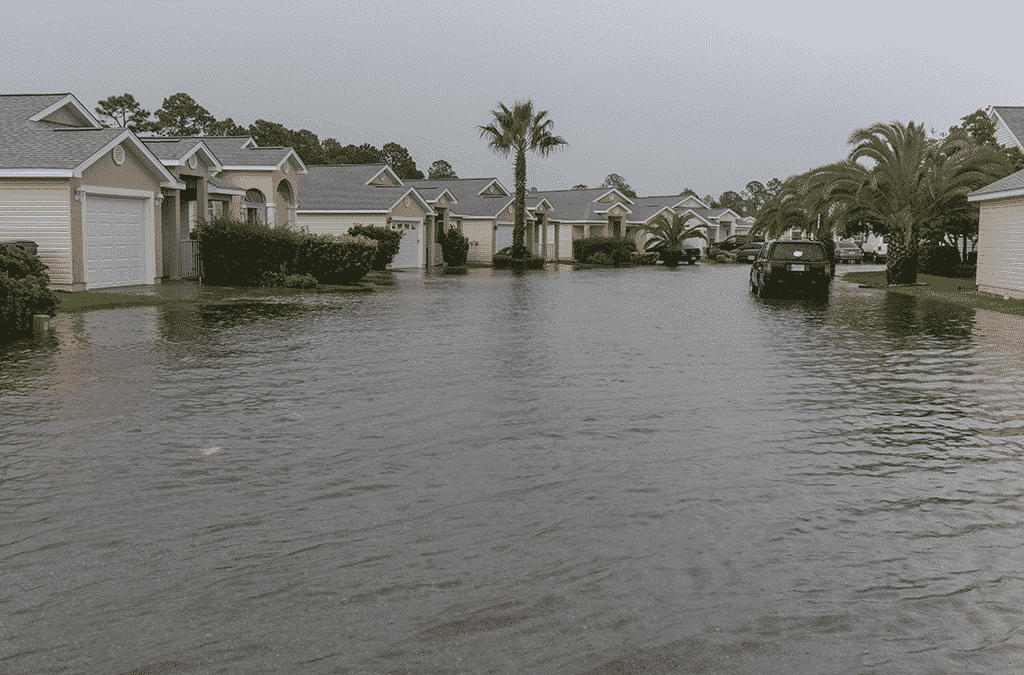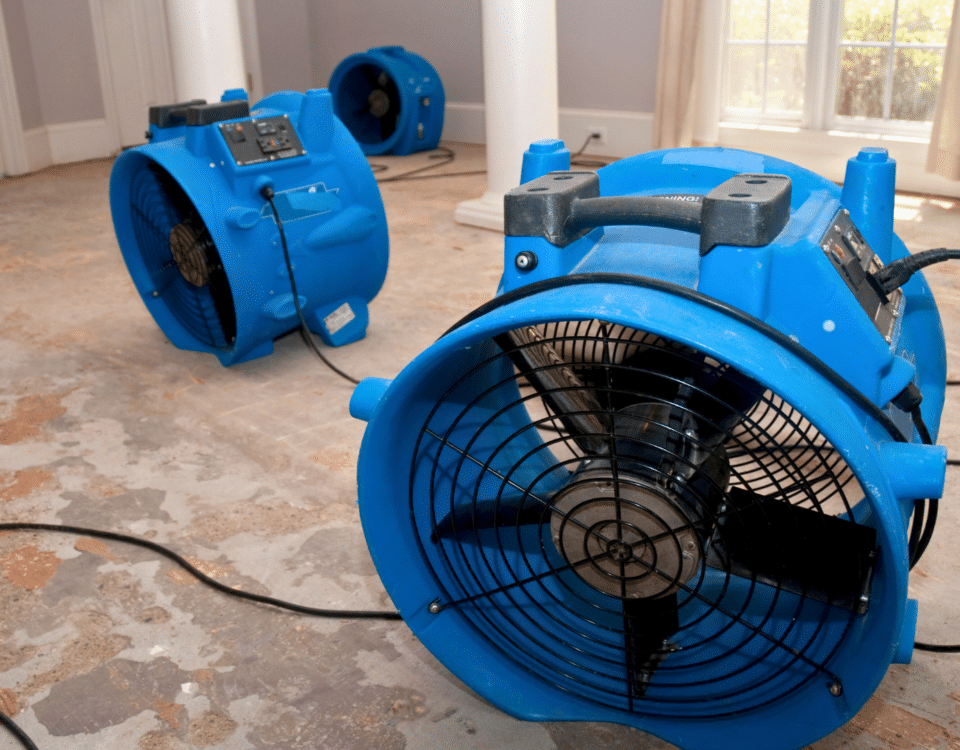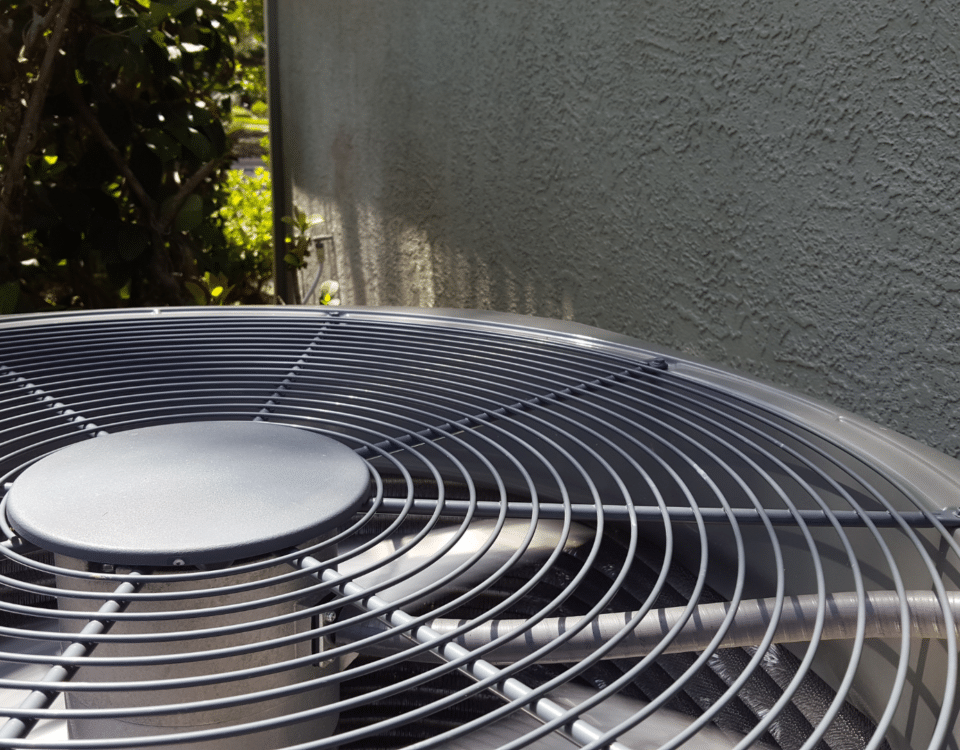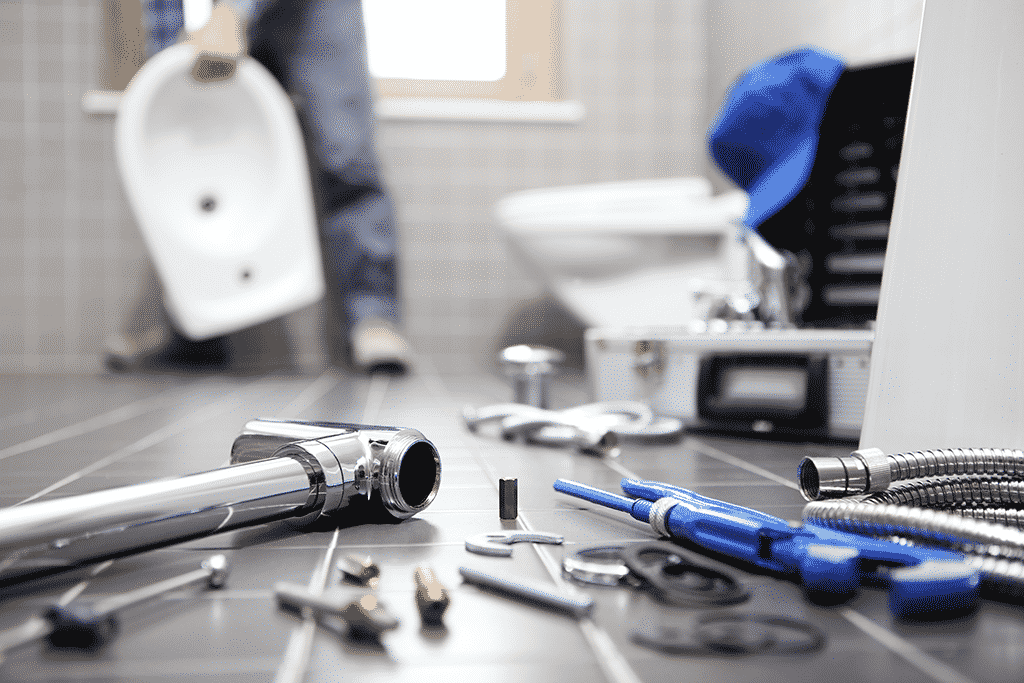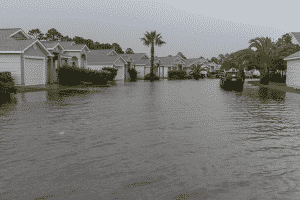 Whether it is a heavy thunderstorm or rising water related to tropical storm and hurricane activity, flooding and storm surge can wreak havoc on your home. Homeowners in lower lying areas of Hilton Head and Bluffton know that rapid water accumulation can cause extreme damage in mere moments. With a little precaution and a watchful eye, you can do your best to minimize flooding and storm surge related damage to your home and your HVAC systems.
Whether it is a heavy thunderstorm or rising water related to tropical storm and hurricane activity, flooding and storm surge can wreak havoc on your home. Homeowners in lower lying areas of Hilton Head and Bluffton know that rapid water accumulation can cause extreme damage in mere moments. With a little precaution and a watchful eye, you can do your best to minimize flooding and storm surge related damage to your home and your HVAC systems.
Planning Ahead With Your HVAC System Design
As with most things, preparation and careful planning are the first steps to preventing flooding damage to your home. When it specifically comes to your HVAC systems, local heating and cooling professionals with extensive experience within the community have a strong understanding of how and where to optimally place your outdoor HVAC system components. Proper placement is key – with the appropriate methods to safely and securely raise your HVAC system off of the ground.
In some areas, a concrete pad is sufficient. Some opt for brick and mortar platforms. Other times, metal bracketed stands and risers are the most appropriate method to ensure your HVAC has enough clearance from potential flooding and rising waters. What’s important is less the material of choice and more the planning and understanding of the requirements of the community in general and your property specifically.
Using An Expert To Care For Your HVAC
Superior Services has completed countless installations, new unit placement, and damaged or outdated equipment replacement over the past 20+ years. With experience serving the Bluffton and Hilton Head Island area, our local team knows the ins and outs of HVAC placement, helping you to avoid water damage from flash flooding and storm surge. Licensed professionals understand local code requirements concerning HVAC placement.
Protecting In Place For Your Current HVAC System
If you’ve inherited a problematic HVAC installation because of pre-existing placement of a unit – you still have options. Depending on the age of your unit, a move or replacement may be feasible for less than you think. An investment in your HVAC equipment now can avoid more costly emergency repair services down the road.
Building a strong retaining wall may also be an option to stop floodwater infiltration – but you should work with an expert to make sure the wall is of the appropriate height and strength. Sufficient access for future equipment repair or replacement is also important.
In an absolute worst-case scenario, where you anticipate potential flooding – you should follow the same steps you would in the event of a hurricane. When possible, completely power down your HVAC system and use waterproof tarp and sandbags to best secure your system.
Assessing Signs Of Flooding After The Water Recedes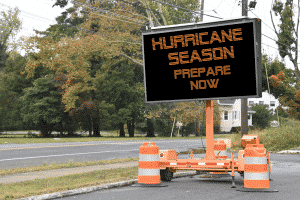
If your community experiences flooding, you should always review your HVAC system before you power up again. If you did use the “tarp” method, be sure to remove the covering after the storm and water subside to allow air to freely flow again and to avoid potential rusting or mildew problems.
Visually inspect the unit and the area around it. You can look at retaining walls or your property’s exterior to try to determine how far flooding infiltrated your property. One way to do so is to see if there is a line of natural debris along exterior vertical surfaces on your HVAC unit itself.
If you suspect ANY chance that water made its way into your HVAC equipment, do NOT power it on.
Working With An HVAC Professional After The Fact
In some instances, your preparations will have saved your heating and cooling system from water damage. In other situations, we may recommend small component repairs to avoid self-created damage when powering on your equipment. And yes, sometimes our recommendation may be a complete system replacement as your safest option.
Even if you try to power on your equipment after water damage without a proper inspection and it does turn on – it doesn’t mean you’re out of the woods yet. Water damaged equipment can be partially operational and operate in hazardous conditions. At best, this means your unit will run inefficiently. At worst, your unit could have a major breakdown or fault, creating a dangerous situation for the safety of your home and the people in it.
A post-storm inspection is a much lower cost option than a complete system replacement. Only an experienced HVAC contractor like Superior Services can review your equipment and make the right recommendations for your system. With our team serving our friends and neighbors for over 20 years, you can trust that our recommendations are honest assessments of the condition of your HVAC. Turning your power back on without such a review could risk more catastrophic damage than simply waiting for a professional evaluation.
Leave the Work to Your Hilton Head Professionals
Emergencies arise and getting the help you need quickly, is all you need. The Superior Services Emergency Response Team is available 24/7 when disaster strikes. Our team of experienced technicians paired with expert technology deliver the results when you need it the most.
Notice our yellow trucks everywhere in Hilton Head and Bluffton! Call Superior Services at (800) 828-2665 to prepare your home for storm season.


